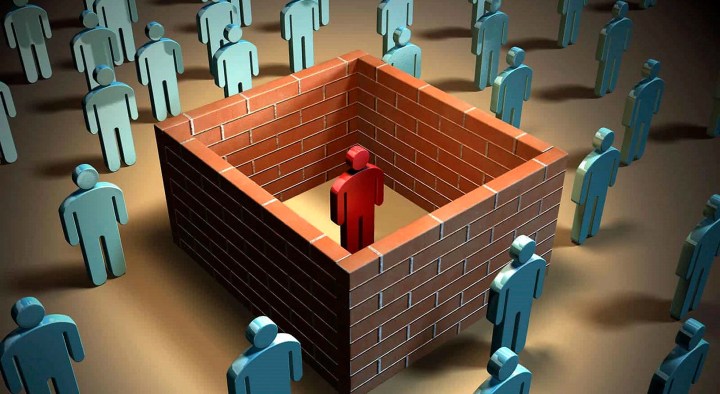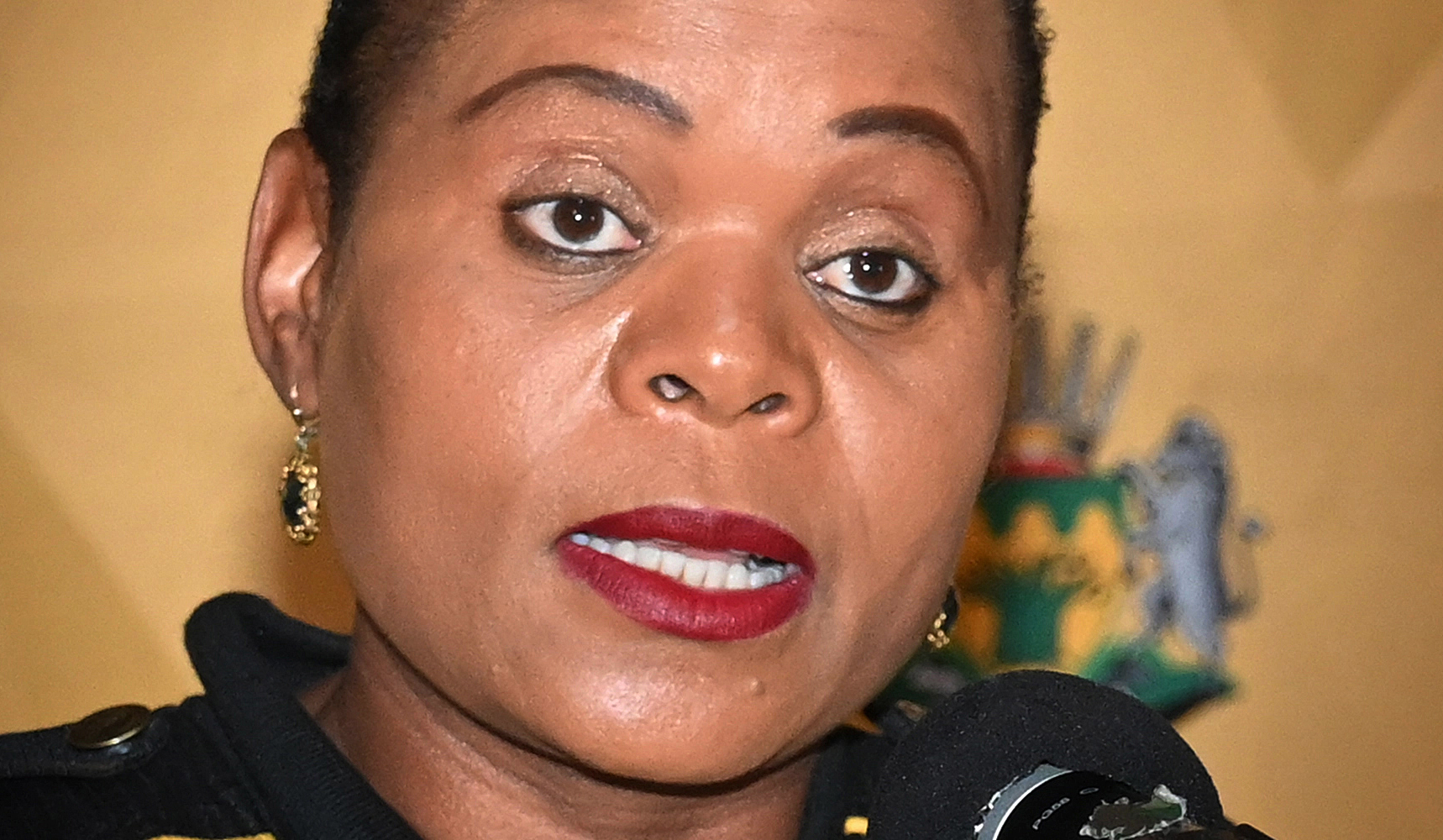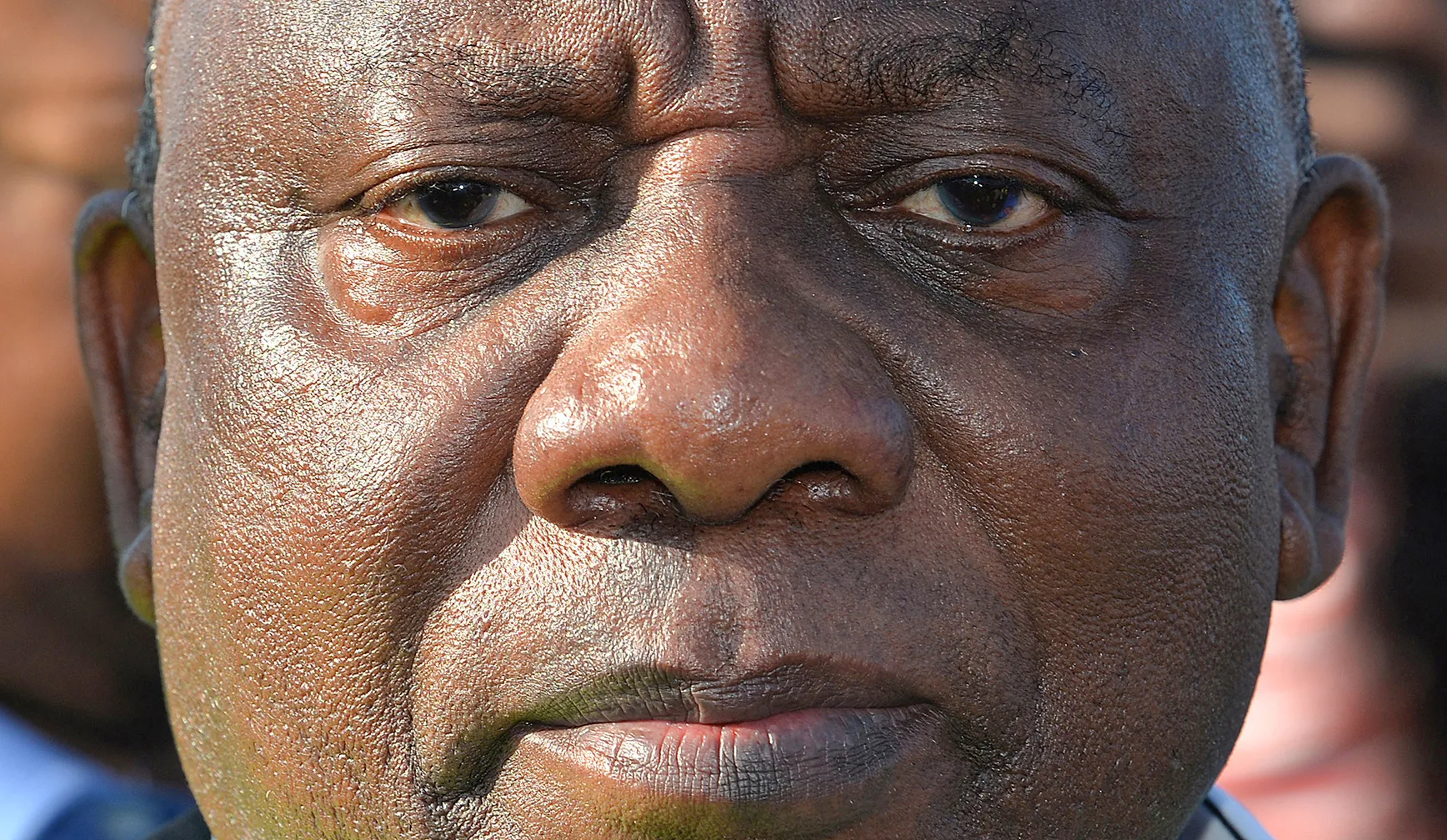TUESDAY EDITORIAL
Snatching away Mandela’s gift of health and the return of medical apartheid

Dishonourable ministers and MECs, we know the health system is under great strain and we support and sympathise with the health workers who person the frontlines of care in very difficult circumstances. We don’t deny that clinics and hospitals are overcrowded and understaffed and that in some areas many of the people needing healthcare are migrants. But migrants and refugees are not the problem.
In May 1994, after becoming president of South Africa, one of the first steps Nelson Mandela took was to use his first State of the Nation Address to proclaim free access to healthcare for all pregnant women and children under six through the public health service.
Mandela did so because, he said: “Health remains a fundamental building block of the humane society we are determined to create through the implementation of the Reconstruction and Development Programme.”
In recognition of this, three years later, the new Constitution included in section 27 of the Bill of Rights the right of “everyone to have access to healthcare services, including reproductive healthcare” and of all children to immediately have access to “basic healthcare services” (section 28).
In doing so, South Africa’s first democratic government was righting a horrible wrong. Discrimination against black people in access to healthcare had been a pillar of apartheid and had caused great pain, disability and suffering. It had allowed the spread of epidemics of TB and sexually transmitted infections and laid the pathways for the HIV epidemic.
But in addition, the democratic government was making it clear that it was joining a community of nations who, under the United Nations International Covenant on Economic, Social and Cultural Rights (which we have now ratified) recognise the “right of everybody to the highest attainable standard of physical and mental health” and the duty on member states (that’s us, folks) to use “the maximum available resources” and to take steps “individually and through international assistance and cooperation” to achieve progressively the full realisation of this right.

Limpopo health MEC Phophi Ramathuba. (Photo: Flickr)
Since the advent of the Constitution good health and access to healthcare have become even more important. They are linked to people’s dignity, equality and opportunity. Without this there is pain, indignity and ultimately death.
Although these promises were made in a different era in a new age of epidemics and pandemics, they are becoming ever more important. In an age of migration, driven by storms of climate change, war and corruption, providing healthcare to people forced to flee their homes is the least we can do.
It is a measure of our humanity.
Or inhumanity. Because over recent weeks we are seeing how populist politicians, political parties and xenophobic organisations are taking it upon themselves to snatch back Mandela’s gift. Although the most prominent of these is the disgraceful doctor, Limpopo health MEC Phophi Ramathuba, health rights violations are happening on a much wider scale.
Cases of cruelty
In Gauteng, for example, a province where politicians have had their hands in the theft of billions of rands in health resources, an apartheid-era ordinance (14 of 1958) is now being supplemented by a provincial regulation of 2021 to compel pregant women and children under six to undergo a fees assessment.
This is being challenged in court by SECTION27, but meanwhile this week we heard of a story at Charlotte Maxeke Hospital where nurses and doctors withheld treatment to a sick baby until they received payment or proof of his father’s nationality.
From another front, a letter was sent to Daily Maverick by a primary health care clinician in the Western Cape describing how “recently I transferred a Zimbabwean woman out to Bela-Bela as she found a job there. She has a passport and work permit. Upon arrival in Bela-Bela clinic she was told they don’t serve foreigners, and must go back to Cape Town or Zimbabwe. She had no choice but to take time off work and travel to Cape Town to get her medication. I don’t know what she will do in two months’ time when it is her next date.
Visit Daily Maverick’s home page for more news, analysis and investigations
“I am just so appalled at the cruelty of humans. Our largest number of patients travel from the Eastern Cape because they can’t find decent service there (yet E Cape gets a huge chunk of the budget). We don’t send anyone away!”
Referring to the way Ramathuba and her sycophants had humiliated the patient in the video, one anguished doctor asked:
“Is this allowed because of politics?
“Because the precedent set for that means we no longer need to treat suspects, prisoners, intoxicated and abusive patients with dignity, if the circumstances resulting in their need for healthcare in our hospitals is politically weighted or systemically influenced. It is imperative this not be overlooked because the lack of accountability and punitive action for her conduct critically undermines our already tenuous regulatory space.
“What will be permitted next?”
Good question.
These acts are plain cruel. It is something that health trade unions and medical associations should be educating their members on and condemning. “Not in our union”, they should say.
It is something that Cyril President Ramaphosa and the minister of health should be condemning. “Not in our country,” they should say.

Nelson Mandela used his first State of the Nation Address to proclaim free access to healthcare for all pregnant women and children under six through the public health service. (Photo: Greg Bartley / Scanpix. Lyd: Nelson Mandela 1964, National Archives of South Africa)
But they are silent, or talk in deliberately obfuscatory language, so as not to contradict their comrades. Once again, the party comes first.
Dishonourable ministers and MECs, we know that the health system is under great strain and we support and sympathise with the health workers who person the frontlines of care in very difficult circumstances. We don’t deny that clinics and hospitals are overcrowded and understaffed and that in some areas many of the people needing healthcare are migrants.
But migrants and refugees are not the problem.
The problem is:
- Corruption, which has robbed the health system of tens of billions of rands that could improve facilities, buy medicines and pay health workers;
- Maladministration which places cadres at the heads of complex health systems that they are disinterested and/or incapable of managing;
- Austerity and cuts to the health budget. Yesterday, for example, Health Minister Dr Joe Phaahla, in answer to questions at the Treatment Action Campaign’s National Congress, said Ramaphosa has “raised concern about reduction in funding for health”.
In the words of Professor Alex van den Heever (read his analysis here): “The more a state fails its people, the more it must disguise this failure with scapegoats and bogeymen.”

President Cyril Ramaphosa. (Photo: Deon Ferreira)
The solution is negotiations with governments of the Southern African Development Community about a system for sharing the costs of migrant healthcare, better administration, punishing corruption and bigger budgets.
NHI in times of collapsing public healthcare, rampant corruption and deep mistrust in government?
Finally, it is also profoundly hypocritical that the same politicians who are often the loudest in denouncing colonialism, are now the loudest in defending colonially created borders between African people. The same politicians who wax lyrical about Ubuntu, a pan-African (not South African) philosophy, now practise medical apartheid.
But that’s politics. When you have fallen so low as to steal from the health system, anything goes.
Nelson Mandela must be turning in his grave. DM/MC
Heed the signs of the rage building against foreign nationals and fanned by those in power


















 Become an Insider
Become an Insider
Mandela played a significant role in getting us to where we are today. He backed the wrong horse from the beginning of the race.
Dear Mark,
I know you are looking for effect, but please don’t conflate the poverty gap with apartheid – lack of access to medical services in SA is a result of ANC corruption and mismanagement, nothing more, nothing less!
“Once again, the party comes first.”
The usual story
There was widespread mistreatment and cruelty to South Africans living with HIV/AIDS in the 90s. Ditto STD clinics. None of this is new. On the list of problems is the health care unions who prevent any action against their members, no matter how heartless or unprofessional they are. I do think though, that if private hospitals were filled with rich Africans coming for treatment, all those with medical insurance would raise an outcry.
“Discrimination against black people in access to healthcare had been a pillar of apartheid and had caused great pain, disability and suffering.”
A tough one for me to swallow. This was never a “pillar” of apartheid. I trained as a physician in the 70’s in Bloemfontein and I know what Pelonomi hospital looked like then and the quality of care given then. And I know what it is now. There is no comparison, Mark. At the National hospital cancer patients were treated by the same MDs and nurses on the same apparatus regardless of skin colour. I cannot recall any cases where access to or treatment of patients was modified because of their skin colour. Not one.
It’s become fashionable in SA today to label everything pre 94 as from the devil and everything post 94 as moonlight and roses as if this is a self evident truth. I would suggest this is simply not accurate. It’s too easy, too quick and too convenient. Like going for Cyrano’s nose. There was zero wrong with state supplied health care pre 94 and I speak from personal experience (13 years).
If things are so great now, name one ANC big wig who gets treated at a state hospital today.
This is true of so many services. Water, sewers and waste water treatment, roads, police, railways, ESKOM etc. as well as medicine. Unfortunately these are all measurable deliverables and hard to get right while the fuzzy stuff of socialism and human rights are valued more highly by the globalist political elite. Esoteric debate while blaming apartheid allows industrial scale looting by a failed leadership.
“Apartheid” is not a pejorative term in healthcare. Joseph Mathunjwa (no less) claims that medical care under Apartheid was better for Blacks than what is available now.